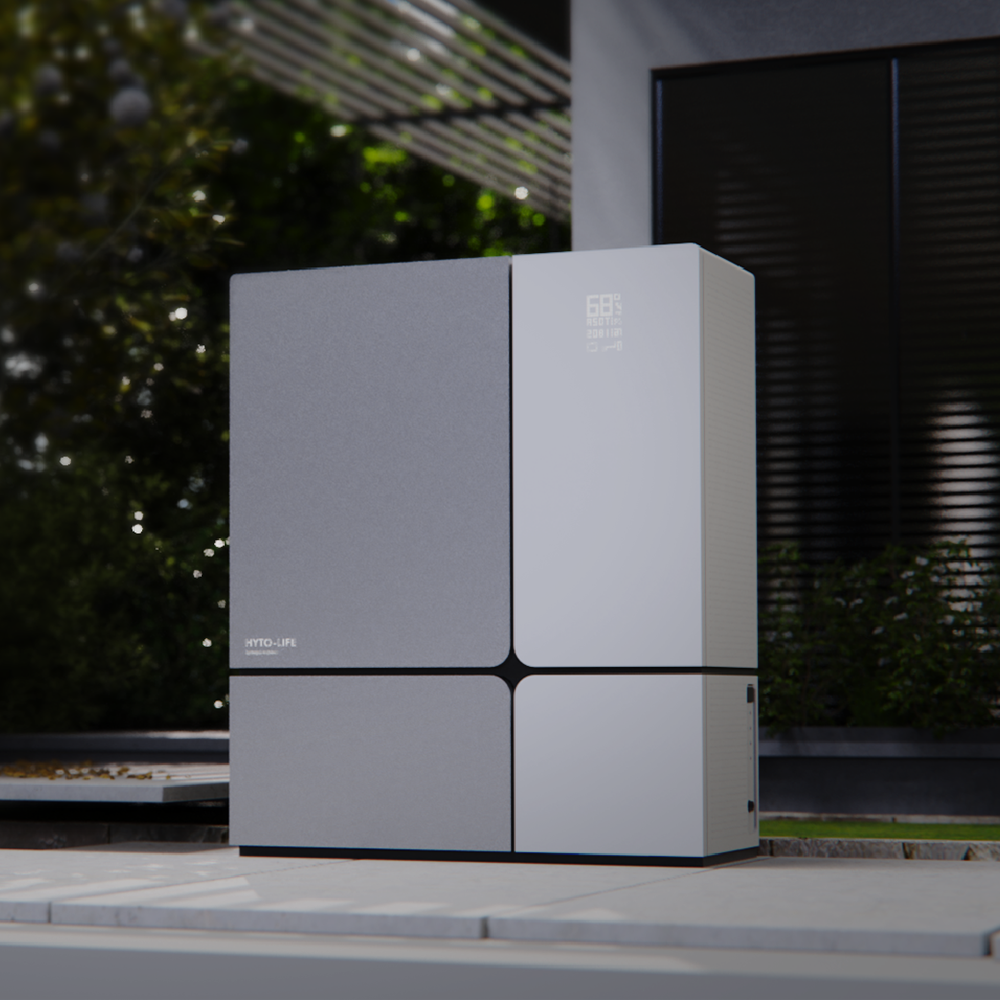Hydrogen itself is not inherently a renewable energy source, as it is a secondary energy carrier produced from primary sources. However, when hydrogen is generated using renewable energy—such as through electrolysis powered by solar, wind, or hydroelectricity—it becomes "renewable hydrogen" or "green hydrogen." This distinction lies in its production process: renewable hydrogen’s lifecycle is tied to the continuous replenishment of renewable energy sources, ensuring no net carbon emissions. Its renewability is further enhanced by its role as an energy storage medium for intermittent renewables, allowing excess solar or wind power to be converted into hydrogen and later reused, effectively extending the usability of renewable energy. Thus, while hydrogen as a molecule is not renewable, its association with renewable energy production makes it a cornerstone of renewable energy systems.

Our professional sales team are waiting for the discussion with you.